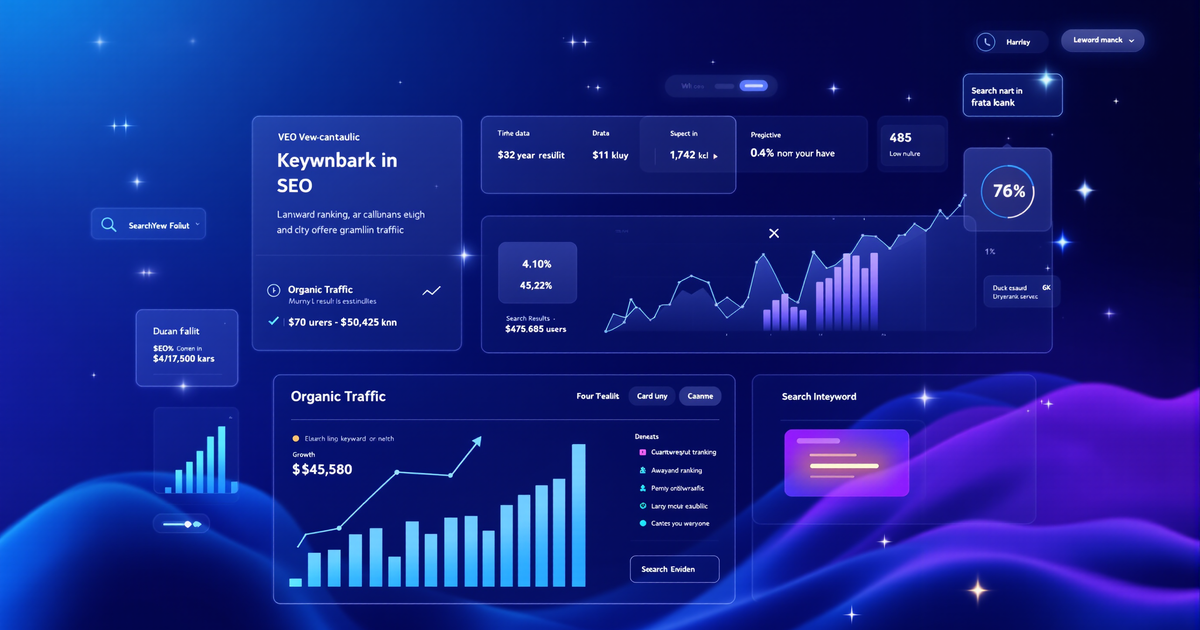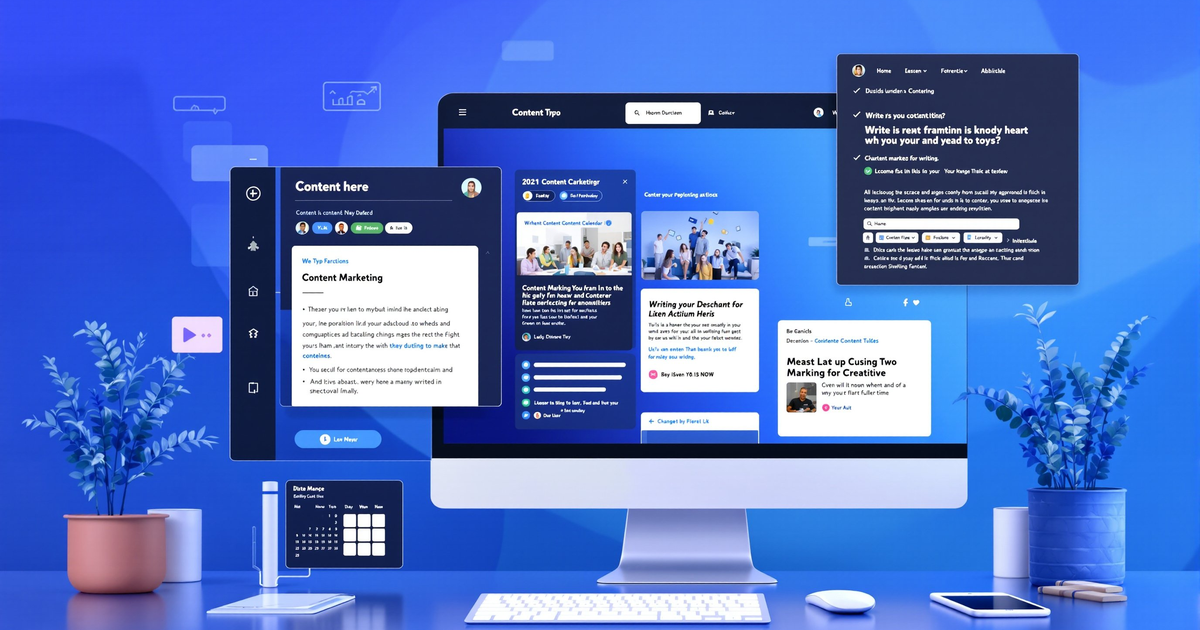What Is Content Gap Analysis—and Why It Matters in 2025
Content gap analysis is the strategic process of identifying missing, incomplete, or underperforming content on your website compared to what your audience searches for and what competitors rank for. In 2025, this isn’t optional—it’s essential for dominating search rankings and capturing high-intent traffic.
By uncovering gaps in your content, you can:
- Increase organic traffic by targeting untapped keywords
- Boost conversions with intent-aligned content
- Outrank competitors who currently own those opportunities
Types of Content Gaps You’re Probably Missing
Not all gaps are obvious. Here’s where most brands fall short:
- Uncovered Topics: Key subjects your competitors rank for but you don’t
- Missing Keywords: Search terms your audience uses that you ignore
- Shallow or Outdated Content: Pages that lack depth or fail to match current search intent
Step-by-Step: How to Run a Content Gap Analysis
1. Identify Your Real SERP Competitors
Forget business rivals—focus on who ranks above you in search. For each target keyword, note the top 3–5 domains on page one. These are your true competitors.
2. Perform a Keyword Gap Analysis
Use tools like Ahrefs, Semrush, or Google Search Console to compare keyword rankings. Find where competitors rank and you don’t.
- Ahrefs: Compare up to 10 competitors and spot missing keywords
- Semrush: Visualize overlaps and prioritize opportunities
- Google Search Console: Discover queries you appear for—but not on page one
Next, filter keywords by relevance, volume, and difficulty to focus your efforts.
3. Analyze Search Intent & Content Formats
Look at the top results for your gap keywords. Are they blogs, videos, product pages, or tools? Match—and then exceed—their depth, structure, and format to win.
4. Audit Your Existing Content
Review your site and categorize each page as:
- Keep: High-performing pages (update for freshness)
- Optimize: Page 2 rankings (quick wins)
- Delete or Merge: Thin or outdated content harming your site quality
5. Prioritize & Fill the Gaps
Rank gaps by business impact. Focus on high-intent, achievable keywords first. Build a content roadmap with clear formats, owners, and deadlines.
Real Results: Content Gap Success Stories
B2B SaaS Company
By targeting high-intent terms like "automation tools" and "ROI of [solution]," they launched comparison guides and calculators—resulting in a 45% increase in organic leads within six months.
Local HVAC Business
After discovering gaps in "energy efficiency tips" and "emergency repairs near me," they published localized content and saw a 30% traffic boost in 90 days.
E-commerce Brand
Filling missing "how-to" and comparison pages increased session duration by 20%, improving key SEO engagement signals.
Top Tools for Content Gap Analysis in 2025
- Ahrefs: Powerful keyword and competitor insights
- Semrush: Visual gap analysis for up to five competitors
- Google Search Console: Free performance data and missed queries
- SurferSEO: AI-driven content optimization and gap detection
- Backlinko: Expert guides and real-world case studies
Pro Tips for Maximum Impact
- Go beyond keywords—match or beat top content in depth and format
- Review gaps quarterly; search evolves fast
- Use AI to speed up research and topic discovery
- Involve sales and support teams—they hear customer questions daily
Common Mistakes to Avoid
- Focusing only on high-volume keywords (miss low-volume, high-intent wins)
- Ignoring search intent (wrong format = poor performance)
- Treating gap analysis as a one-time task (it’s ongoing)
Content Gap Matrix Example
| Keyword | Competitor Rank | Your Rank | Gap Type | Action |
|---|---|---|---|---|
| energy saving tips | 2 | N/A | Missing | Create guide |
| best [product] 2025 | 1 | 9 | Weak | Optimize page |
| troubleshooting | 3 | N/A | Missing | Add FAQ section |
Turn Insights Into Growth
Stop guessing what your audience wants. Use content gap analysis to reveal exactly what’s missing—and how to fix it fast.
👉 Take the free 3-minute marketing assessment and get a custom growth plan from CDM Suite.
Frequently Asked Questions
How often should I run a content gap analysis?
Every quarter, or after major SEO or algorithm changes.
Can small businesses benefit?
Absolutely. Even basic tools like Google Search Console reveal powerful insights.
Does this apply beyond blog posts?
Yes—use it for videos, tools, product pages, and all content types.
Master content gap analysis now and future-proof your SEO in 2025 and beyond.


